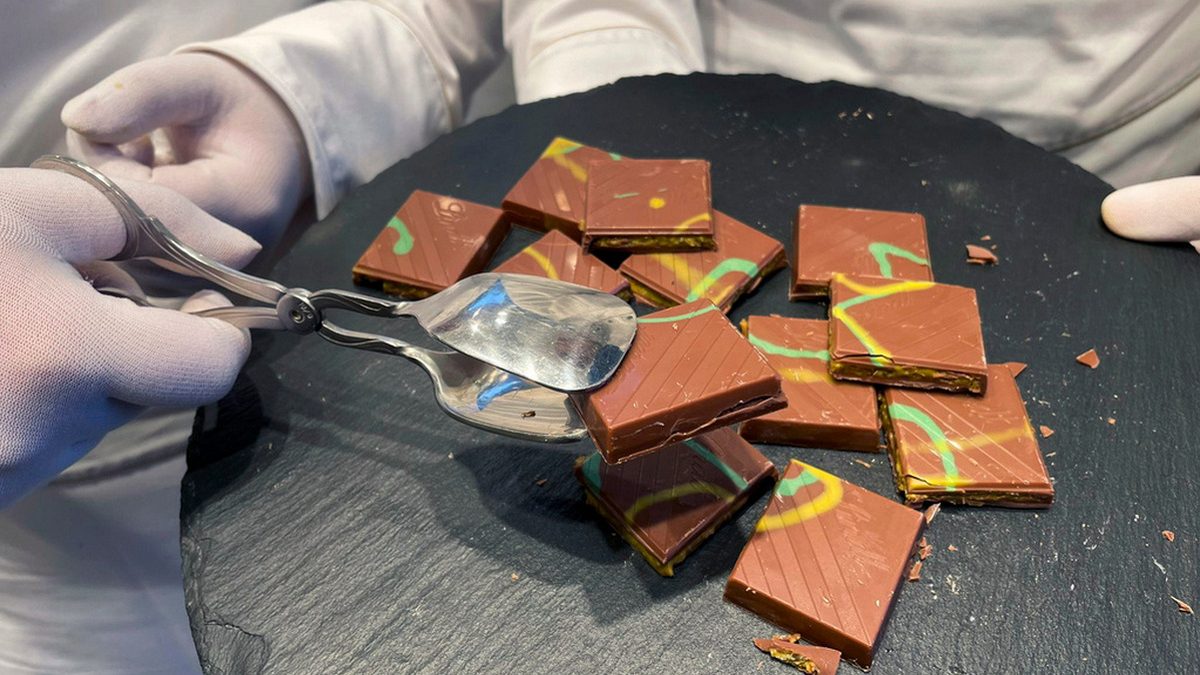The world is facing a pistachio shortage after the viral sensation Dubai chocolate took over the confectionery world, owing to its unique taste. The meteoric rise of the chocolate bar can be attributed to TikTok, whose one video gave it the popularity that it enjoys to date.
The viral Dubai chocolate, made of pistachio, shredded pastry, and milk chocolate, was launched by Emirati chocolatier FIX in 2021. Two years later, a post on TikTok turned the bars into a global sensation, amassing over 120 million views and driving up its demand.
Giles Hacking, of nut trader CG Hacking, told the Financial Times that craze over the chocolate has also raised pistachio prices from $7.65 a pound a year ago to around $10.30 a pound now. “The pistachio world is basically tapped out at the moment,” he said.
The chocolate isn’t inexpensive. Lindt’s Dubai edition is priced at £10 for 145 grams in the UK, more than twice the cost of its other bars.
Despite the high price, demand is so strong that some stores are reportedly restricting the number of bars each customer can purchase. Additionally, Lindt and UK supermarket Wm Morrison have introduced pistachio cream Easter eggs.
Crunch in Pistachio production
The stocks of the nuts were already dwindling before the chocolate was launched due to a bad harvest year in the US in 2024.
Hacking said, “There wasn’t much in supply, so when Dubai chocolate comes along, and [chocolatiers] are buying up all the kernels they get their hands on . . . that leaves the rest of the world short.”
Impact Shorts
More ShortsAccording to Iran’s customs office, Iran, the world’s second-largest pistachio producer, exported 40 per cent more pistachios to the UAE in the six months leading up to March 2025 than it did in the entire previous year.
UK discontinues Toblerone
The Dubai chocolate is not only causing a global shortage of pistachios, but is also stealing the spotlight away from beloved treats like Toblerone.
The triangular-shaped chocolate treats have been discontinued in the UK as people have a taste for other delights now.
A spokesperson for Toblerone’s maker, Mondelēz, said the decision to cease production in Britain was “difficult” and was taken because of “changing tastes.”


)

)
)
)
)
)
)
)
)



